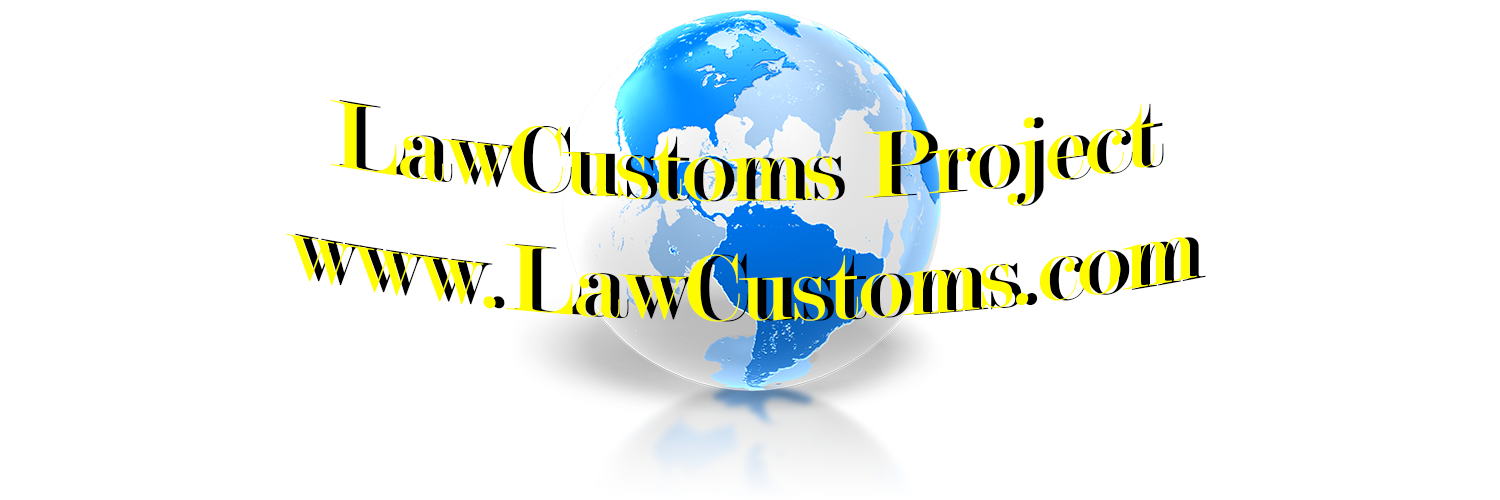It is illegal for a U.S. person to support an unsanctioned foreign boycott by:
- Agreements to refuse or actual refusal to do business with countries that are the subject of a boycott or sanction or with blacklisted companies.
- Agreements to discriminate or actual discrimination against other person based on race, religion, sex, national origin, or nationality.
- Furnishing information about business relationships with countries subject of a boycott or sanction or with blacklisted companies.
- Furnishing information about the race, religion, sex, or national origin of another person
-
Paying, or otherwise implementing letters of credit that include requirements to take boycott-related actions prohibited by the Anti-Boycott regulations.
Anti-Boycott Red Flags
The following are Anti-Boycott red flags that should trigger additional scrutiny:
· Any request or instruction that contains the word “boycott” or “blacklist,” any reference to Israel, Israeli goods or Israeli nationals, or any reference to national origin, ethnicity, religion or gender should be considered boycott-related
· Any request to not do business with a certain country (i.e., a country boycott requirement)
· Any request to take discriminatory action (e.g., not hire or use anyone of Israeli descent to work or provide services on a contract)
· Any request to furnish prohibited information (e.g., ethnicity of a person working on a current or past deal)
· Any request to pick subcontractors for a boycotting country project from a white list (i.e., a list excluding blacklisted companies)
· The word “Jew,” “Jewish,” or “Zionist” in the document.
Boycotting Countries
The U.S. Department of Treasury publishes a quarterly list of boycotting countries. On March 13, 2008, it published its most recent list consisting of Kuwait, Lebanon, Libya, Qatar, Saudi Arabia, Syria, United Arab Emirates and Yemen. The Treasury Department noted that while Iraq was not included on the March 2008 list, its status with respect to future lists remains under review.
Other countries from which recent reportable boycott requests and prohibited contract conditions have arisen include: Algeria, Bahrain, Bangladesh, Indonesia, Iran, Malaysia, Nigeria, Oman, Pakistan, Saudi Arabia, Sudan, and Tunisia. Business transactions with, and requests from, these countries should also be carefully reviewed, as U.S. parties continue to receive boycott requests from a number of countries, including the ones listed above.
Reporting Requirements
The U.S. Department of Commerce’s Office of Antiboycott Compliance requires companies and individuals to file quarterly reports of all requests that were received to take actions to comply with or support an unsanctioned foreign boycott (on form BIS 621P for single transactions; BIS 6051P for multiple transactions received in the same calendar quarter). Certain requests are reportable even if it is permissible for the U.S. person to comply with them.
The TRA does not prohibit specific actions but rather requires U.S. taxpayers (and their related companies) to report on an annual basis (i) “operations” in, with, or related to a boycotting country or its nationals and (ii) requests received to participate in or cooperate with an international boycott. TRA reports are filed on the due date of the annual tax returns on IRS Form 5713 in duplicate (one form is sent to the IRS Service Center, Philadelphia, PA 19255, and the other form is attached to the company’s income tax return). If a company receives an unsolicited invitation to bid for a contract that contains a request to participate in or cooperate with an international boycott, Form 5713 would be filed only if the company accepts the invitation to bid.
Reportable Boycott Requests
The following are examples of reportable boycott requests:
“Goods of Israeli origin not acceptable”
“Company must comply with the Israeli boycott”
“Certificate of origin covering goods originating in Israel is not acceptable”
“Certificate issued by the shipping company certifying that the carrying vessel is allowed to enter the Lebanese port.”
“Certificate from insurance company stating that they are not blacklisted”
“Prohibited entry” or “prohibited country of origin”
“The vendor must ensure that all products supplied do not contravene the regulations in force with regard to the boycott of Israel. ”
“Vendor shall comply with the Israel boycott laws in performing his contractual obligations”
“The seller shall not supply goods or materials which have been manufactured or processed in Israel nor shall the services of any Israeli organization be used in handling of transporting the goods and materials”
REFERENCES:
(a) 15 CFR Part 760
(b) 65 FR 17002
(c) Quality Manual
